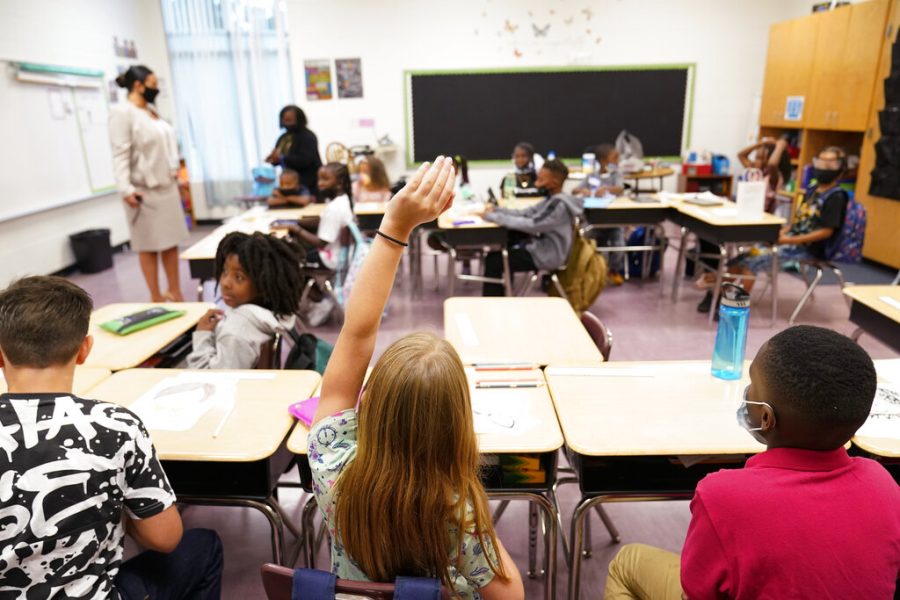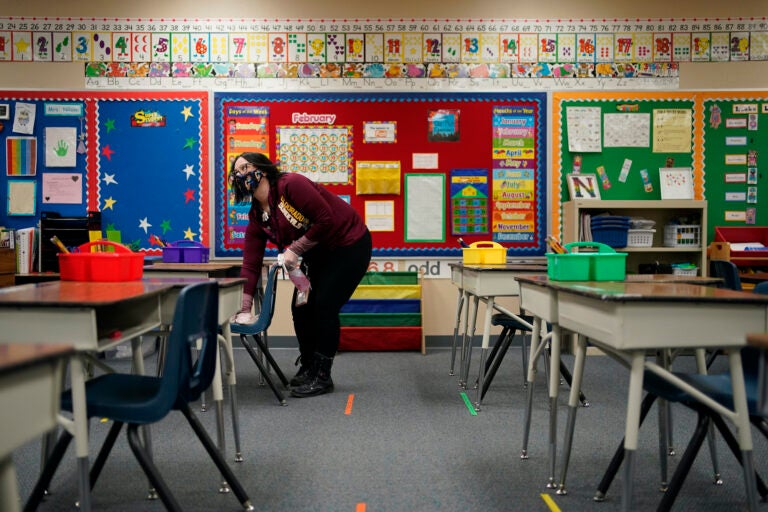Comprehending the Importance of Schools in Kid Growth and Community Growth
Schools offer as crucial establishments for kid growth and community growth, offering environments where academic achievements are complemented by the cultivation of social abilities and direct exposure to varied perspectives. These educational settings not only promote crucial reasoning and efficient interaction yet also foster compassion via collective tasks. Furthermore, colleges' involvement with regional areas through service-learning efforts strengthens the bond in between families and universities. This symbiotic connection highlights the significance of schools in nurturing energetic citizenship and long-lasting discovering routines. What are the particular devices by which these establishments attain such profound influences?
Academic Success
Academic success functions as a cornerstone of kid development, giving the structure upon which future understanding and success are developed. Colleges play an essential function in fostering this academic growth, offering organized environments where youngsters can get essential understanding and cognitive skills. Standard educational program make sure that students gain efficiency in core subjects such as maths, science, and language arts, which are essential for both greater education and professional opportunities.
Along with passing on essential scholastic skills, colleges likewise cultivate vital thinking, analytic capabilities, and intellectual inquisitiveness. These cognitive expertises are important for navigating intricate real-world circumstances and adjusting to the ever-evolving needs of the contemporary office. Teachers, as facilitators of knowing, use varied instructional approaches to accommodate varied learning designs, therefore taking full advantage of private trainee capacity.
Additionally, academic success is very closely connected to self-worth and inspiration. Children that experience scholastic accomplishments are more probable to develop a favorable self-concept and a long-lasting interest for learning. Colleges also offer numerous sources, such as libraries and technology, which better boost the educational experience and prepare trainees for a technologically sophisticated culture.
Social Skill Development
Beyond academic accomplishment, the function of colleges in social skill development is crucial. Schools work as a main venue for kids to discover and exercise important social skills such as conflict, cooperation, and interaction resolution. In the structured atmosphere of a class, trainees interact with peers, teachers, and various other school team, offering various chances to create these essential capabilities.
Efficient social skill advancement in schools is facilitated with team activities, collaborative jobs, and extracurricular programs. These communications aid pupils recognize social standards, construct compassion, and foster a feeling of neighborhood. Team jobs instruct trainees how to work together in the direction of a common objective, pay attention to different viewpoints, and browse disputes constructively.

The growing of social skills during academic year lays a foundation for future individual and professional partnerships. Save Temecula Schools. As students mature, the ability to successfully work together and communicate becomes progressively crucial, underscoring the college's crucial function in holistic kid growth
Exposure to Diversity
Exposure to diversity in colleges is fundamental to fostering an inclusive way of thinking and expanding pupils' viewpoints. Schools act as a microcosm of the wider society, and coming across varied societies, languages, and socioeconomic backgrounds within this setting outfits pupils with essential abilities for navigating a progressively globalized world. This exposure urges empathy, reduces prejudices, and promotes common regard amongst peers.
Diverse class also enhance social and cognitive growth. Research suggests that trainees who interact with peers from different histories show much better analytical skills and imagination. They discover to value different point of views, which improves class conversations and promotes a much more vibrant understanding experience. Moreover, this understanding of variety prepares trainees for future workplaces that worth modern capability.

Neighborhood Involvement
The benefits of varied class expand past the school check that wall surfaces, cultivating a strong sense of community engagement amongst students. By interacting with peers from various cultural, socioeconomic, and ethnic backgrounds, trainees gain a wider perspective and an admiration for variety. This direct exposure motivates them to come to be active residents who agree to contribute favorably to their communities.
Institutions that emphasize area interaction frequently include service-learning projects, which enable students to address real-world troubles while applying academic skills. These tasks not just enhance pupils' understanding of their coursework however also impart a sense of responsibility and compassion. Moreover, collaborations in between institutions and local companies offer students with opportunities to participate in area events, better strengthening their role as aggressive area participants.
In addition, parental and community participation in schools enhances the bond in between schools and the areas they serve. When colleges open their doors to area events, workshops, and volunteer possibilities, they create a joint setting that profits all stakeholders. This common assistance system ensures that pupils receive alternative growth, preparing them to end up being all-around people who value and contribute to their neighborhoods. With these initiatives, schools play an essential role in nurturing area engagement and promoting social growth.
Lifelong Understanding Habits
Creating long-lasting learning habits is necessary for a child's continuous growth and versatility in an ever-changing world. Institutions play a pivotal function in instilling these practices by producing an atmosphere that fosters inquisitiveness, critical thinking, and a love for knowledge. Via varied curricula and extracurricular activities, instructors motivate students to explore various topics, examine information Learn More seriously, and use their finding out to real-world circumstances.

Additionally, colleges offer a structured environment where children can develop self-control and time management skills, both of which are vital for continuous knowing. By stressing the importance of setting objectives, assessing development, and adjusting approaches, universities prepare pupils to browse the complexities of adult life, guaranteeing they remain lifelong learners and contributors to culture.
Final Thought
In verdict, colleges are necessary in promoting youngster development and area growth by providing settings helpful to academic achievement, social ability advancement, and exposure to variety. Eventually, colleges cultivate lifelong understanding practices, equipping people with the necessary expertise and skills to add positively to culture.
In the organized environment of a class, students communicate with peers, educators, and various other school personnel, supplying various possibilities to create these essential capabilities.
In significance, direct exposure to diversity within institutions not just improves private pupils but likewise enhances the social textile of the community as a whole.
The advantages of diverse classrooms prolong past the college walls, cultivating a solid feeling of community interaction among pupils.Institutions that emphasize neighborhood interaction usually incorporate service-learning projects, which enable pupils to address real-world problems while applying academic skills. Collaborations in between institutions and regional companies supply pupils with possibilities to participate in neighborhood events, further solidifying their role as proactive community members.